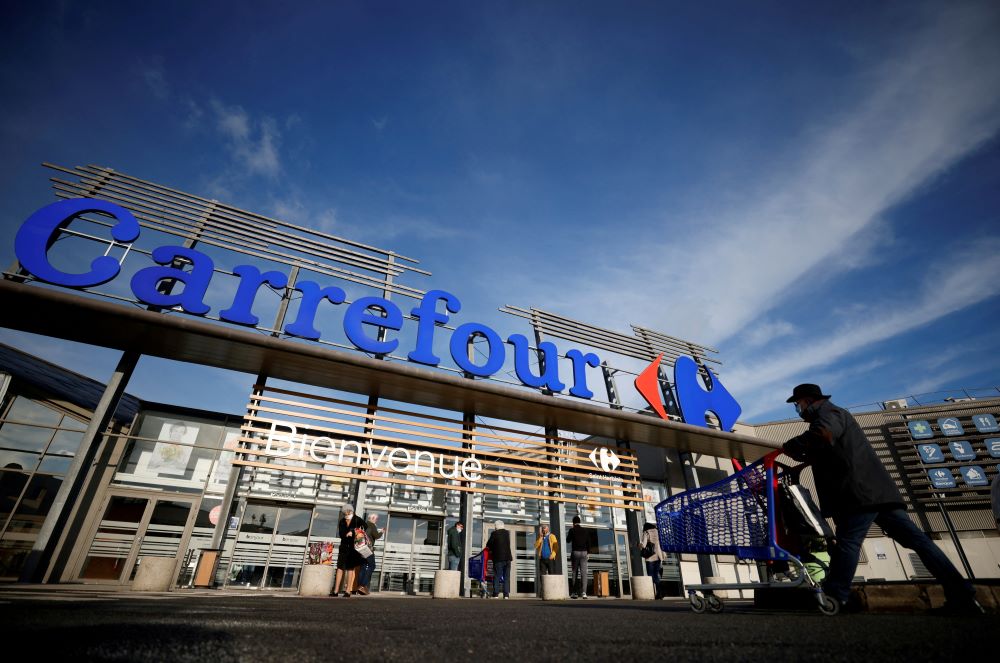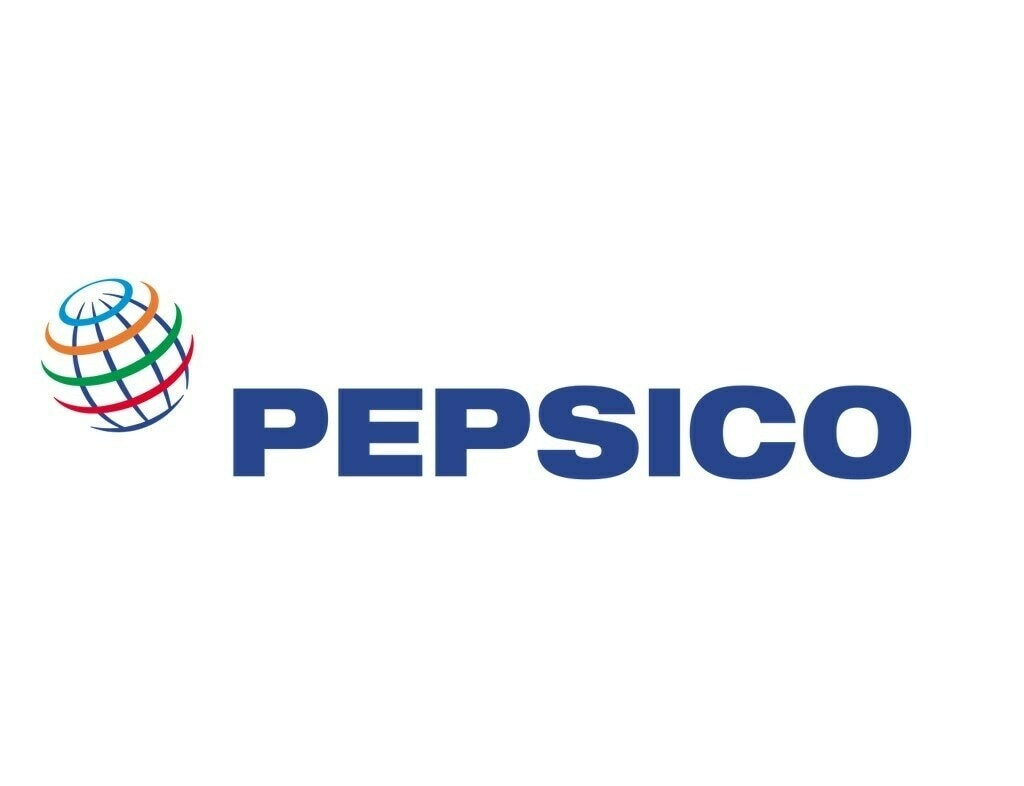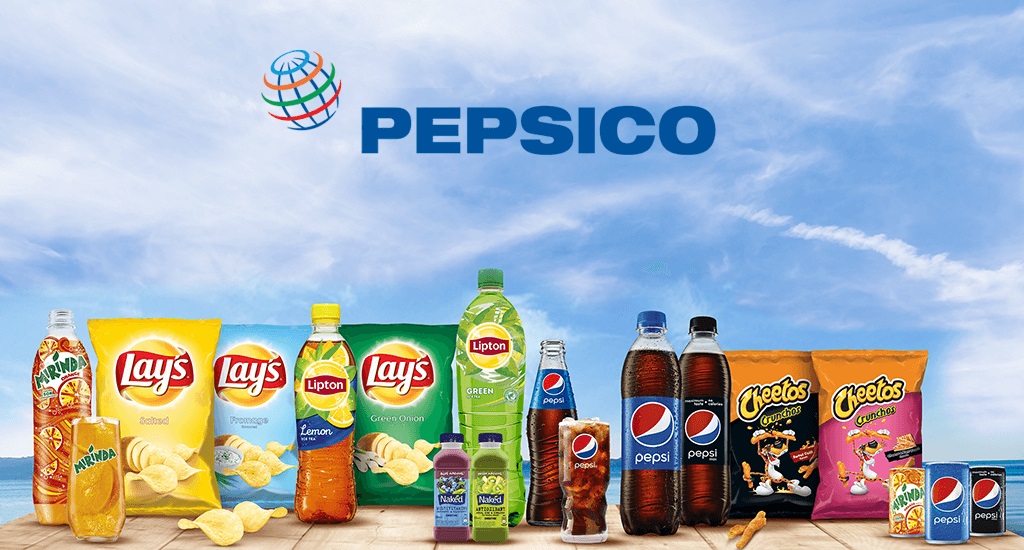The recent resolution of the three-month-long dispute between CARREFOUR and PepsiCo sheds light on a new dimension of negotiations, reshaping the dynamics between retailers and suppliers.
On Thursday (Apr 4), PepsiCo announced that they had reached an agreement with Carrefour, leading to the return of PepsiCo’s products, including Pepsi, Doritos chips, and Quaker oats, to Carrefour’s shelves in France.

However, the resolution has yet to extend to Carrefour stores in Belgium, Italy, Poland, and Spain.
The dispute, which commenced on Jan 4, exemplified the growing tensions between consumer goods giants and retailers, especially as their reliance on advertising revenue intertwines their interests more closely.
“Delighted that our products are back in Carrefour’s aisles,” stated PepsiCo France, while Carrefour France’s CEO shared a photo of himself amidst Pepsi bottles with a caption expressing joy at the reunion with long-unseen friends.

However, Carrefour’s decision to remove PepsiCo products not only risked sales but also strained its relationship with a crucial client for its burgeoning advertising business, which includes retail media sales both in-store and online.
This evolving business model, still nascent in Europe compared to the US, shifts the bargaining power in pricing negotiations as consumer goods firms become both clients and suppliers.
When retailers use brand removal as a negotiation tactic, it not only damages their relationship with suppliers but also reduces brands’ willingness to invest in advertising services.
Advertising budgets emerge as a pivotal factor in price negotiations, with retail media networks offering significantly higher margins compared to traditional retail sales.

The spat between Carrefour and PepsiCo is just one of several recent pricing disputes in Europe, highlighting the increasingly intricate relationship between retailers and suppliers.
McKinsey estimates that retail media will attract about US$100 billion in advertising spending by companies by 2026, emphasizing its growing significance in the industry.
However, such prolonged disputes pose risks for both sides, impacting revenues and consumer trust, underscoring the delicate balance in negotiations between retailers and suppliers.







Leave a Reply